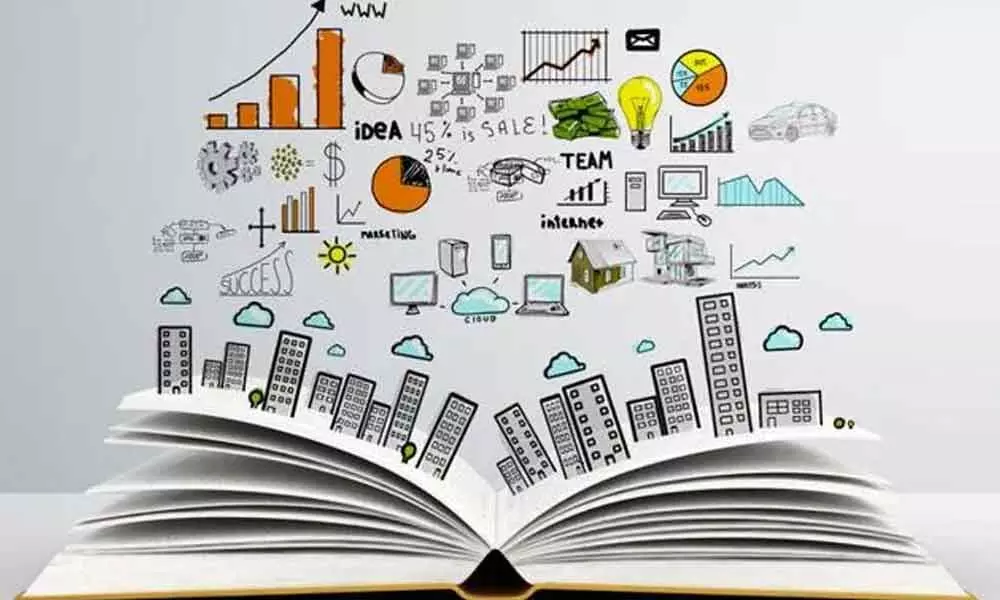Revolutionizing Education: Reforming Methods

Revolutionizing education involves more than a mere shift in textbooks or classroom settings; it’s about initiating profound changes in methodologies and systems. The concept of education reform resonates deeply within the realm of pedagogy, demanding an overhaul in traditional approaches to learning and knowledge dissemination.
Table of Contents
ToggleThe Need for Transformation
Understanding the Dynamics
The call for education reform stems from a realization that the current educational paradigms might fall short in meeting the demands of a rapidly evolving world. The traditional models, while having served their purpose, face challenges in catering to the diverse needs of learners and aligning with the demands of a globalized, technology-driven society.
Identifying Gaps and Challenges
In acknowledging the need for education reform, it’s essential to recognize the inherent limitations of current systems. Gaps in accessibility, disparities in quality, outdated curricula, and a lack of emphasis on practical skills are among the primary challenges that need to be addressed.
Approaches to Reform
Curriculum Restructuring
One facet of education reform involves reimagining the curriculum. It calls for a shift from rote memorization to an emphasis on critical thinking, problem-solving, and creativity. A revised curriculum aligns with modern needs, integrating subjects that prepare students for real-world challenges.
Pedagogical Innovation
Reforming education necessitates innovative teaching methodologies. Adopting student-centric approaches, such as project-based learning, experiential learning, and flipped classrooms, fosters engagement and active participation, enhancing the learning experience.
Embracing Technology
The integration of technology stands as a cornerstone of education reform. Incorporating digital tools, online resources, and interactive platforms in classrooms facilitates personalized learning, expands access to educational materials, and creates a more immersive learning environment.
The Impact and Challenges
Societal Impact
Successful education reform can have a transformative impact on societies, paving the way for a more skilled workforce, fostering innovation, and reducing socio-economic disparities. It’s a catalyst for societal progress, influencing future generations and shaping the fabric of communities.
Challenges and Resistance
However, the journey towards education reform is not devoid of challenges. Resistance from traditional systems, bureaucratic hurdles, financial constraints, and the need for comprehensive policy changes pose substantial obstacles in implementing and sustaining reforms.
Case Studies and Success Stories
Global Initiatives
Across the globe, several countries have embarked on ambitious education reform initiatives. Finland’s student-centric approach, Singapore’s emphasis on STEM education, and South Korea’s innovative integration of technology exemplify successful reforms that have yielded positive outcomes.
Grassroots Efforts
Moreover, grassroots movements and localized educational reforms at district or community levels have showcased promising results. These initiatives often focus on tailoring education to local needs, ensuring inclusivity, and engaging stakeholders in the reform process.
The Path Forward
Collaboration and Adaptation
Moving forward, a collaborative approach between educators, policymakers, stakeholders, and communities is crucial. Flexibility, adaptability, and a willingness to embrace change will be pivotal in navigating the complexities of education reform.
Continuous Evaluation and Adaptation
Continuous evaluation and adaptation form the bedrock of sustainable education reform. Regular assessment of strategies, responsive policy frameworks, and an openness to feedback will enable iterative improvements in educational systems.
Conclusion: The Ongoing Evolution
Education reform is an ongoing journey—a dynamic process of evolution rather than a one-time event. It demands constant introspection, innovation, and a collective commitment to nurturing an educational ecosystem that empowers learners, equips them with relevant skills, and prepares them to thrive in an ever-evolving world.


